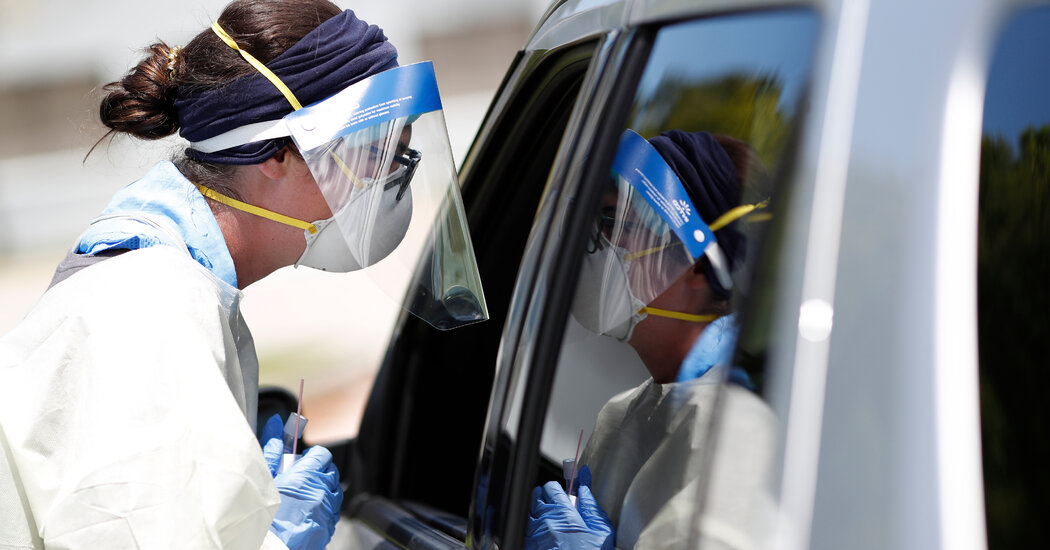In a clinical trial, molnupiravir was found to reduce by 30 percent the risk of hospitalization or death when given to high-risk, unvaccinated volunteers within five days after they started showing symptoms. It appears to be substantially less effective than Pfizer’s pill, which was found to reduce that risk by 89 percent. Monoclonal antibody treatments have been found to reduce the risk of hospitalization or death by at least 70 percent.
The Coronavirus Pandemic: Key Things to Know
Assuming the F.D.A. authorizes the use of molnupiravir, supplies are likely to be limited at first.
In addition, the compressed time frame of getting the pills could pose a challenge. Merck’s treatment is supposed to be given within five days of the start of symptoms and is taken as 40 pills over five days.
Patients will most likely need to test positive for the coronavirus and see a physician, who will write a prescription for a pack of pills that can be picked up at a pharmacy. But it often takes days to get results from a PCR test, and in some parts of the country it is hard to find tests that return results within 15 minutes. In addition, many people don’t have regular doctors to turn to for prescriptions.
The Biden administration has ordered enough courses of Merck’s treatment, at about $700 per person, for 3.1 million people. Merck is expected to supply those pills before February. By contrast, Pfizer is expected to supply only enough of its pills to cover 300,000 people in the United States before the end of February.
One question hanging over the treatment is how many eligible Americans will refuse to take the new pills. In a Morning Consult poll released this week, about half of unvaccinated adults — the primary group expected to need the pills — said they would not take F.D.A.-authorized antiviral pills if they got sick with Covid.
A number of committee members raised questions about the safety of the pill. The treatment works by inserting errors into the virus’s genes. Some scientists say there is a theoretical risk that it could trigger mutations in cells as well, potentially causing reproductive harm or a long-term risk of cancer.
“The overall risk of mutagenicity in humans is considered low,” Dr. Aimee Hodowanec, a senior medical officer at the F.D.A., said at the meeting, referring to the potential for the drug to induce mutations in the DNA of people taking it.
